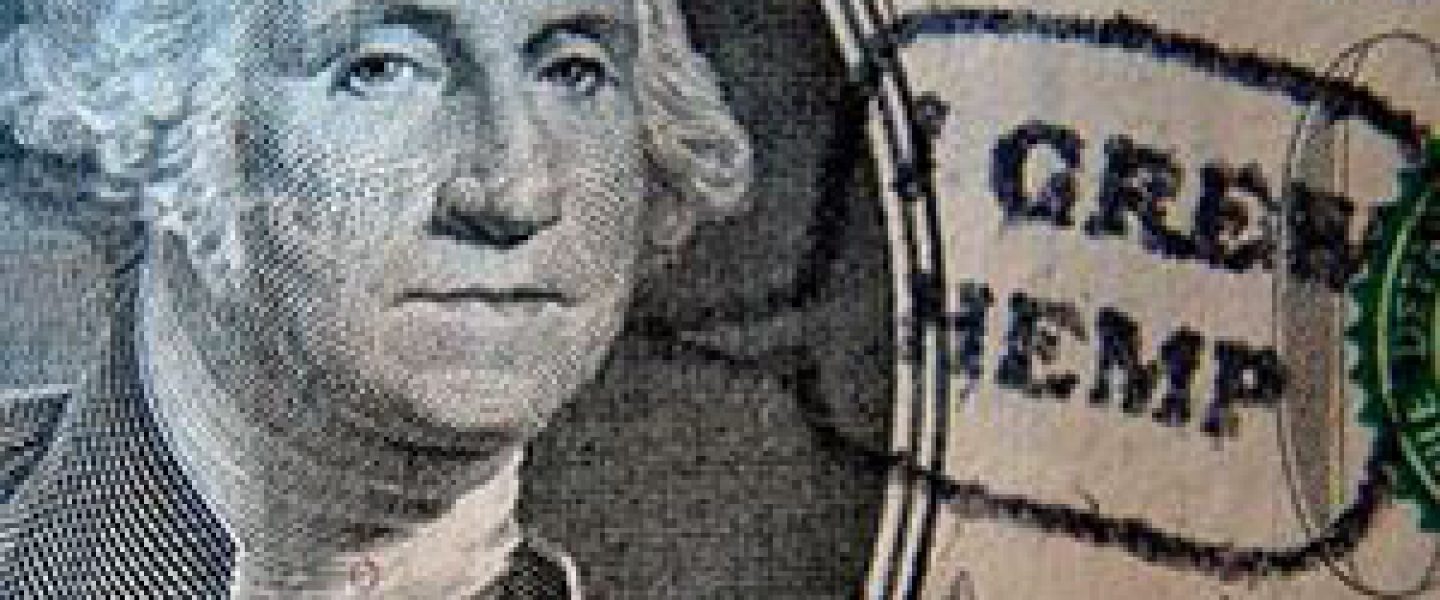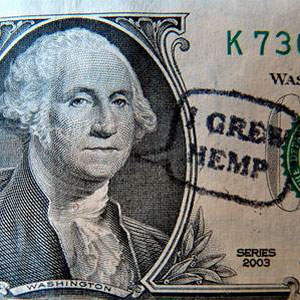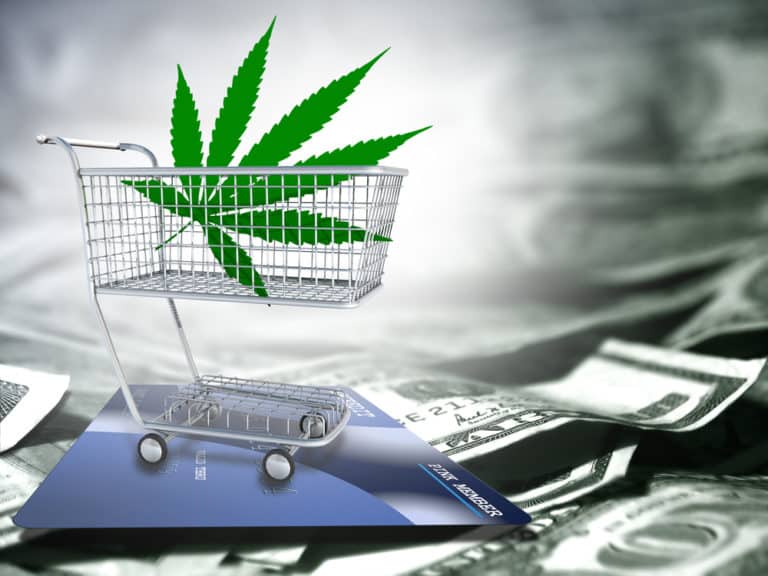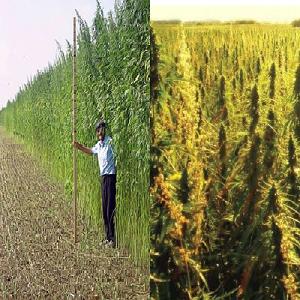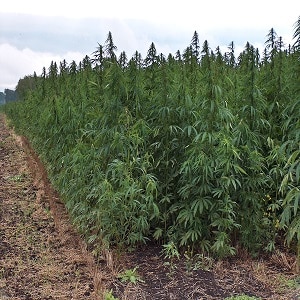How can a decision be both astonishing and a no-brainer? On June 20, the U.S. House of Representatives passed (as the rest of the world long ago did) an industrial cannabis (hemp) cultivation provision in the massive five-year Farm Bill. The vote was 225-200. Of course, the whole Farm Bill was subsequently voted down, but that was just the usual nation’s political process falling apart – it had nothing to do with humanity’s longest utilized plant.
So I find myself, fresh back from months of international industrial cannabis research, calling a minor hemp study approval clause a landmark step for the nation, the planet and my family (not to mention a huge leap toward the end of the 40-year Drug War).
Because that’s what it was. Most of the early coverage of the hemp provision, put forth by Colorado Representative Jared Polis and two other congressmen, notes correctly that the Republican controlled House took the brunt of the Drug Enforcement Administration lobbying that had killed a similar provision on the Senate a week earlier, and, rightly, ignored its babbling, anti-American idiocy.
To quote one passage from the DEA talking point memo (first broken by Ryan Grim at the Huffington Post), “It is true that, if given a choice, marijuana smokers will seek cannabis with a relatively high THC concentration over the type of cannabis typically grown for industrial purposes. However, as indicated, there is no guarantee that a cannabis plant grown for industrial purposes will not cause a psychoactive effect when smoked.”
Really? That has never happened, anywhere. Canada, in its 15 years of hemp legality, has not had a single problem with hemp used for psychoactive purposes, according to Anndrea Hermann, who tests hemp crops for the Canadian government. We Americans buy a half billon dollars of Canadian hemp products every year, and that number is growing 20% annually. We’re just not allowed to grow it here. This kind of trade imbalance, which the turf-protecting DEA deciders are finally failing to encourage, is why the American colonies fought for independence from Britain.
I should note here that, after three years of reporting from the Drug War’s front lines, I believe the good men and women of the DEA are doing their best. I applaud efforts to stem the flow of dangerous drugs like cocaine and black market prescription pills. What’s coming through here in the hemp discussion is my citizen anger at a government agency putting its budget ahead of the clear interests of the nation. Fighting tooth and nail to defend a ban on hemp is outrageous.
Why is our appetite for hemp products so insatiable? The hemp food and body care products, in which the Canadians specialize, are healthy. The Canadian government knows this. It conducts hemp cultivar (seed variety) research for its farmers, instead of lobbying to keep North Dakota, Kentucky and Colorado farmers from cultivating a much-needed cash crop, as our DEA does. In fact, the president of Canada’s largest hemp oil processing company, Shaun Crew, told me his company is ready to “parachute” into the North Dakota seed oil market the moment it’s legal to grow hemp Stateside. And it’s not just Canada. China’s president, in a recent visit to a hemp processing facility, called for a massive increase in hemp cultivation. They can’t keep up with demand.
Which gets to why the June 20 congressional hemp vote matters on my goat ranch, where my Sweetheart makes our clothing and yogurt, and the sun provides our power. Here are some details I noticed in my examination of the final days of the Drug War, Too High to Fail: Cannabis and the New Green Economic Revolution. In assessing the impact of the war on industrial cannabis, I found that the plant was already in an astonishing number of components in my life, and several of them were edible or related to home economics: Every morning I squeezed the perfectly Omega-balanced cannabis (hemp) seed oil (produced in Canada) into my family’s health shake. We pounded the stuff.
Fields of hemp should be providing jobs and creating revenue on American farms. Instead, we are enrich other countries and are missing out on a sustainable and lucrative market.
Then I put on my cannabis sun hat (made in China) and went for a run. I diapered my kids in organic hemp (the only material that held up to repeated washing and brutal New Mexican line drying) and hung our curtains with cannabis twine (Walmart-purchased, made in Romania). We then bathed the youngsters in Doctor Bronner’s Fair Trade hemp soap (lavender variety usually, though sometimes rose).
I mean, one tries not to sound like one of those “cannabis can do anything including bring about world peace and an end to Ring Around the Collar” people, but by the time I finished the assessment, I felt I deserved some kind of Canadian tax rebate. I discovered that I spent two grand a year on hemp products, none of which was domestically produced. That offends me as a patriot.
And all of these hemp uses were unintentional and nonpolitical. They resulted simply because cannabis won out in the marketplace. Al of them represented economic value I could be contributing to the American economy. If, you know, cannabis were legal to grow here. Because if forty years of failed Drug War have taught us anything, it’s that cannabis is going to be grown, one way or another. It’s really our choice: allow the production to benefit farmers and the tax base, or allow a government agency to continue lobbying against the solid majority viewpoint of the people.
The latest industrial cannabis poll, also conducted by the Huffington Post, shows 56% of Americans supporting a return to a Hemp For Victory outlook that the U.S. Department of Agriculture espoused in its 1942 propaganda film of that name, which urged farmers to grow the plant for the war effort. No worry in that film’s narrative about confusing six to 20-foot tall, densely grown hemp with manicured psychoactive cannabis, which this week’s DEA lobbying memo also insanely claimed.
Nothing new about the idea of hemp as an industrial material, of course— most Americans know that Henry Ford used it in an experimental 1941 model, that Popular Mechanics called it a “billion dollar crop” in 1938, and Thomas Jefferson drafted the Declaration of Independence on it. But I was astounded when I added up my family’s cannabis industry investments. Take that unintentional two-thousand-dollar consumer contribution and multiply it by three hundred million Americans. You get a big number, without a single joint being lit. And also a lot less foreign oil once hemp’s biomass potential is exploited.
“It’s magnitudes more productive than corn- or soy-based ethanol as a biofuel,” a USDA biologist told me at a 2010 sustainability festival. “But it’s not even on our blackboard because it’s a federal crime.”
Within a decade of the end of America’s longest war, hemp is going to be an even bigger industry than psychoactive cannabis, according to Jack Noel, who co-authored a 2012 industrial hemp task force report for the New Mexico Department of Agriculture. He said “we’ll see a $50 billion domestic hemp industry.” That’s bigger than the $40 billion some economists predict smoked cannabis would bring in.
As I noted in the Washington Post last week, food and body care products are the biggest U.S. markets for hemp today, but industrial cannabis will have the biggest impact in the energy sector. A Kentucky based energy company is already planning to grow hemp for power on reclaimed soil damaged by coal mining. That brings both domestic energy security and aid to the planet.
Nearly every politico on both sides of the aisle is on board in the Bluegrass State. They’re just waiting for the DEA to stop its nonsense about cannabis. Unlike corn and soy based ethanol, hemp is a non-food fiber that requires so few pesticides that the Province of Ontario’s official hemp farmer guide leaves that box blank.
That’s why I’m going to be on the horn with my federal representatives to make sure that the Hemp for Victory momentum continues. Post-legalization, my hope is to cultivate the plant so that my Sweetheart no longer has to import from China the material she uses to make the shirts I wear in media interviews to praise the economic value of hemp. In a cynical age, we can use one less irony.
Source: National Cannabis Coalition – make a donation


